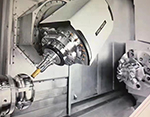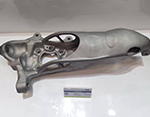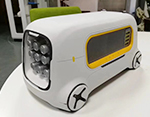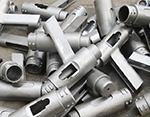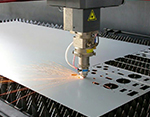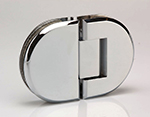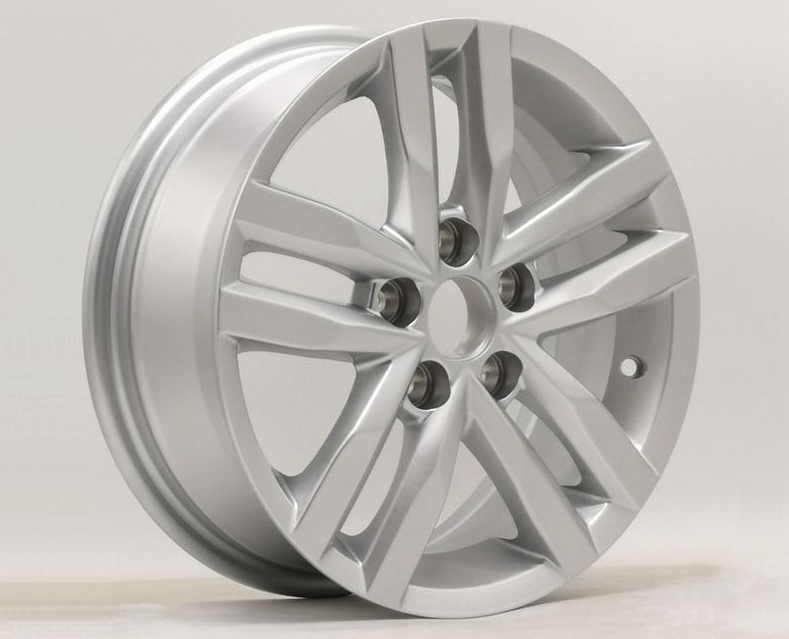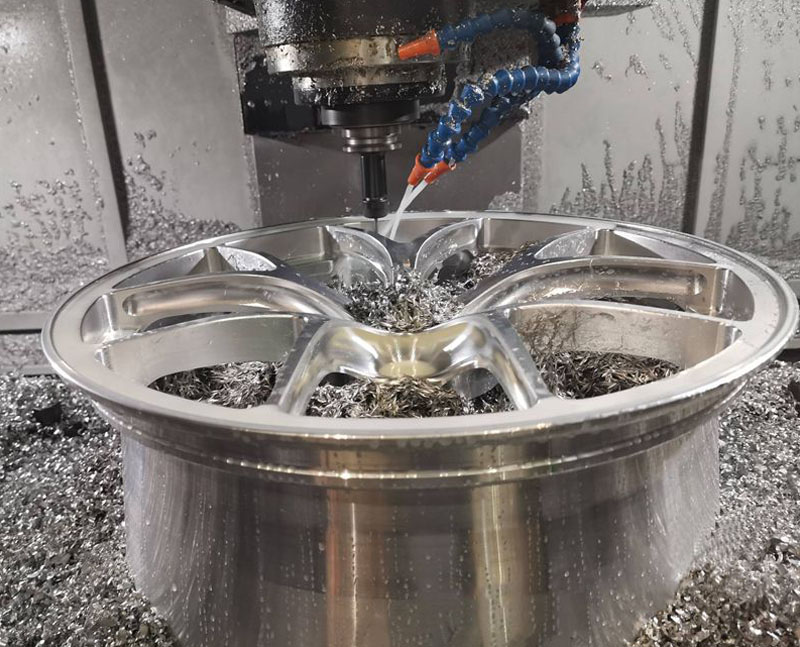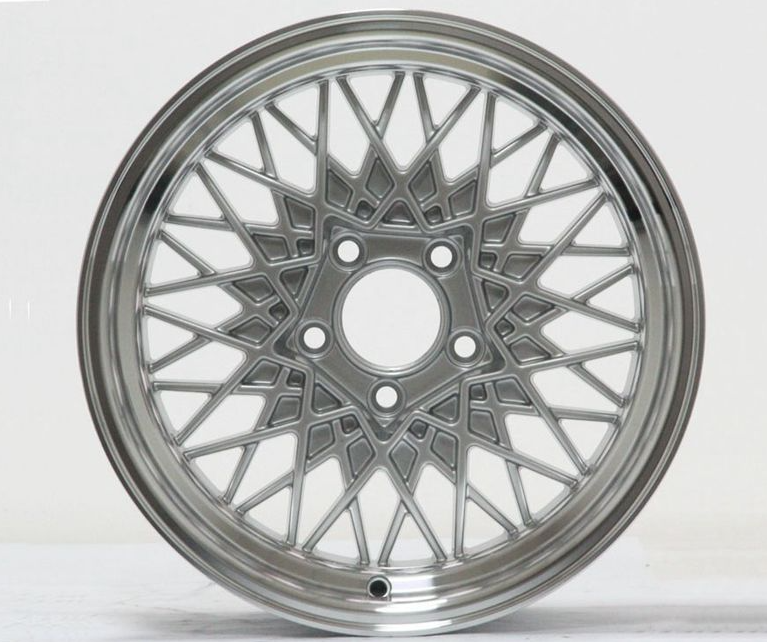-
Service
+
- CNC Precision Machining Service +
- Multi-Axis Simultaneous Machining Service +
- CNC Turning Service +
- Metal 3D Printing Service +
- Rapid Prototyping Service +
- Die Casting Service +
- Sheet Metal Fabrication Service +
-
Finish Serivces
+
- Polishing
- Grinding
- Brushed Finish
- Sand blasting
- Painting
- Powder Painting
- Anodizing
- Hard anodizing Service
- Passivation
- Zinc Plating
- Nickel Plating
- Chrome Plating
- Blackening
- Black Zinc Plating
- Teflon Coating
- Titanium Coating
- DLC Coating
- Laser Marking
- Silk Screen Printing
- Transfer Printing
- Micro Arc Oxidation
- Industries +
- About Us +
- Resource +
- Contact Us
- Quote

-
Service
-
>
-
>
-
>
-
>
-
>
-
>
-
>
-
>
-
- Industries
- About Us
- Resource
- Contact Us
Applications of CNC Machined Prototypes
CNC prototype machining is a good choice because it allows a small number of prototypes to be produced in a relatively short time compared to other methods.CNC prototype machining is a good choice because it allows a small number of prototypes to be produced in a relatively short time compared to other methods.
CNC prototype machining is a good choice because it allows a small number of prototypes to be produced in a relatively short time compared to other methods.
There are different kinds of prototypes that can be easily produced by CNC prototyping. For example, cosmetic prototypes can convey visual information about the appearance or behavior of the final part. Functional prototypes, however, require higher tolerances and are more focused on the structure and stability of the product.
Applications for CNC machined prototypes
CNC prototype machining is used in almost all industries where precision machining work is performed. Most of these industries, always require a functional prototype or at least a version that shows how the real product works. CNC machined prototypes fit the bill best.
In most cases, machining tools are usually better suited to these functional prototypes that require strength, mechanical stability, or other characteristics that additive processes cannot provide, hence their use in these industries.
Aerospace industry
The aerospace industry does not allow for mistakes as a small error could lead to drag on certain parts of the aircraft or increase wear on certain parts. This is why most of the time they need prototypes for this type of industry. The CNC prototyping process is responsible for the manufacture of many components in this industry, such as landing gear ports, bushings, manifolds, airfoils, etc. This will help to test the functionality of the parts before they are used in the actual aircraft.
Automotive industry
As automotive companies come up with new innovations, they need to develop prototypes before they can add them to the production line. Just like the medical industry, they need to test these prototypes to see if they will work and fit well into the car before mass production.
CNC machining is responsible for developing automotive prototypes that meet precise specifications. CNC prototyping also makes parts for other means of transport, such as ships, transport trucks, etc.
Medical industry
Medicine is rapidly evolving as the need for new devices arises. However, most of the time, these medical companies need to see prototypes. This ensures that the product will actually function as intended. As it involves life, there is little room for error and the prototype must be an exact and functional replica of the finished product.
CNC prototyping machines are responsible for manufacturing this equipment. Such examples include orthopedic devices, safety enclosures, implants, MRI machines, research equipment, etc. This is an article about the use of CNC machining applications in the medical industry.
Military and defense industry
CNC prototyping services have many uses in this industry as well. As most munitions and combat vehicles require quite complex devices to make them work, prototypes are needed. CNC machined prototypes are perfect candidates. Examples of equipment manufactured for this industry include aircraft components, transport components, communication components, ammunition, and more.
How to make the right decision for your situation?
CNC machining, 3D printing, injection molding, and urethane casting are not one-size-fits-all, so how do you choose the best one for your rapid prototyping project?
If you want to quickly create a large number of prototypes with improved structural integrity and good mechanical properties, then you should choose CNC machining. In contrast, 3D printing is more suitable for fabricating small batch prototypes for visualizing concepts.
Injection molding and urethane casting combine the structural integrity of CNC machining with the good surface finish of 3D printing to create prototypes. However, they are characterized by high tooling costs and long set-up lead times. They may not be a cost-effective option for small runs prototypes.
Kesu Hardware Group Co., Ltd focuses on providing customers with the finest services in rapid prototyping and low-volume manufacturing. Kesu is specializing in hardware machining services. Such as CNC machining service, sheet metal fabricating service, and metal 3D printing (SLM/DMLS) service for the customized metal parts. For more information and consultation, contact us here!

